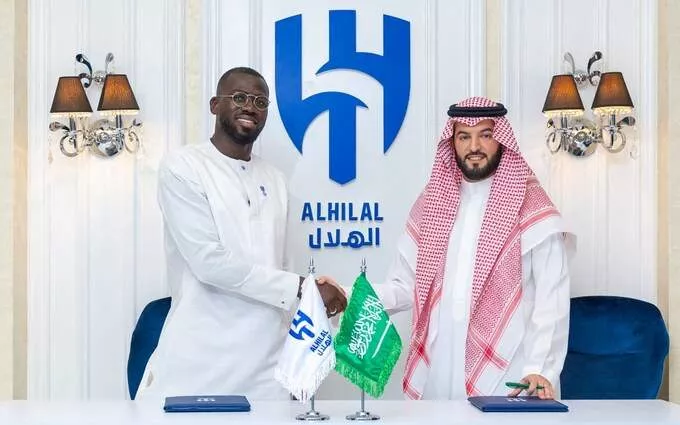
At Newcastle it is possible to believe Saudi investment is about more than money - but not with these huge transfers to the country itself
Whatever the challenges posed to Liverpool at potentially losing two much-experienced midfielders four weeks from the start of the Premier League season, the point remains: £60 million for Jordan Henderson and Fabinho is too good to turn down.
The Saudi Pro League's hunger for ageing Premier League greats has turned the summer planning of Liverpool upside down, although the unexpected must always be factored into a transfer window. The disruptive part of the Saudi Arabia football experiment means that there is little time to pursue the replacements. But the fees? They are extraordinary.
It would mean that Liverpool would book pure profit on both, their transfer fees long since amortised off the books. The final two years left on the contentious contract that Henderson signed at around £200,000 per week will be saved. Of course, the club potentially lose two first-team squad players mid-way through July. But equally it opens opportunity - the chance to re-enter the market and challenge themselves to find emergent talent on cheaper wages.
The only offer on the table thus far is for Fabinho from Saudi side Al-Ittihad and he is out of the club's pre-season Germany tour as things stand. Al-Ettifaq are yet to make good on the agreed £700,000-per-week deal that Henderson had agreed. Should one or both go through then Liverpool will have to respond but then that is what Jorg Schmadtke and the rest are paid to do.
Sometimes events dictate. Real Madrid may not have planned to sell Casemiro last August but one can only assume that when Manchester United offered £70 million for a 30-year-old, this was not a deal they could afford to pass up, given the shape of the club's finances. For Liverpool the greatest pity is that last summer's primary target, Aurélien Tchouaméni, is no longer available.
As for the rest of the Saudi Pro League experiment: what a strange PR strategy. The Public Investment Fund which now owns four of the league's biggest clubs has already led one of the most effective public relations exercises in recent sportswashing history with the Newcastle United takeover. That acquired, overnight, a vociferous cohort of allies - the club's fanbase. As Newcastle's fortunes have duly been turned around, so a reputation of competency - in football at least - has, in many less sceptical quarters, done wonders for the bloodstained international reputation of Saudi.
The Pro League feels less sophisticated. Its plan to attract big names to small clubs follows a well-worn path trodden in the United States in the 1970s and 1980s and then China in the previous decade. Perhaps if Newcastle represents foreign policy for the PIF then the Pro League is domestic appeasement. Even so, one still finds it difficult to believe that Saudi households are ready to queue in their thousands to watch a 36-year-old Hugo Lloris organise his defenders at corners.
Saudi does have a football culture - its record of World Cup finals qualification and the impressive performance of its side in Qatar demonstrates that. The league averaged gates of just less than 10,000 last season. That is not inconsiderable but even so the elephant in the room is hard to ignore. He is currently up to his ears in dollar bills.
Henderson, Fabinho, Jota, Karim Benzema, Steven Gerrard, Cristiano Ronaldo, Ruben Neves and the rest are not going to Saudi to fulfil a childhood dream. Rather they are subscribing to a long-standing view held in many quarters in football: that in this life one thing counts - in the bank, large amounts.
That is their prerogative. Although football also works on the basis that we buy into a collective belief that the old Victorian institutions of the British game, and also those 100-year-plus clubs across Europe mean something. That to play for the likes of Liverpool, Manchester United or Arsenal - or indeed Real Madrid or AC Milan - is to acknowledge a heritage and a history that is commonly understood. Which is not to say anyone ever does it for free. Quite the opposite. But all these clubs confer upon their players, via their history and their support, a sense of status.
The Saudi phenomenon, like other similar efforts to establish big leagues quickly, fails to recognise that. It just feels like an entirely financial exchange. Once the league hits the right number, the player comes. There is no great pull on the emotions to sell. Most of the players will scarcely know the difference between one club and another - and the fact that four were bought by PIF last month suggest that the Saudis themselves see them as interchangeable.
The big Middle East takeovers thus far have been much shrewder. In Manchester, Paris and Newcastle they have all worked hard on playing up the sense of local identity. While no-one has been in any doubt about the global scale of the political moves being made with nation-state club ownership, the balm of nostalgia and belonging is a clever PR tool. Those nation-state owners may have the tangibles of player assets and stadium on the balance sheet but the history also comes as part of that package. That, above all, has a powerful pull on the emotions of the fanbase.
As for Saudi, no-one is in any doubt that all of it is about money and power. Footballers disappearing overnight to sinecures that are well-paid even by the lavish standards of the Premier League. Money will always talk, of course, in football as elsewhere. But the flaw with this plan is that it is the only voice being heard.


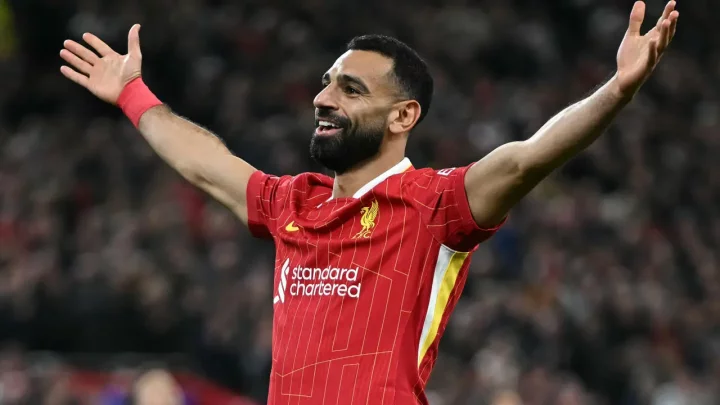
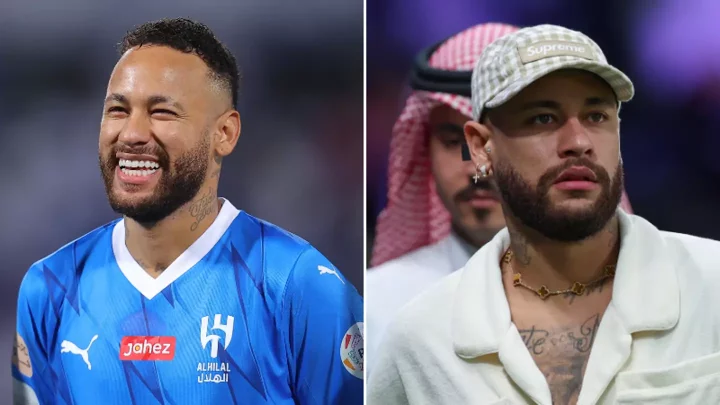


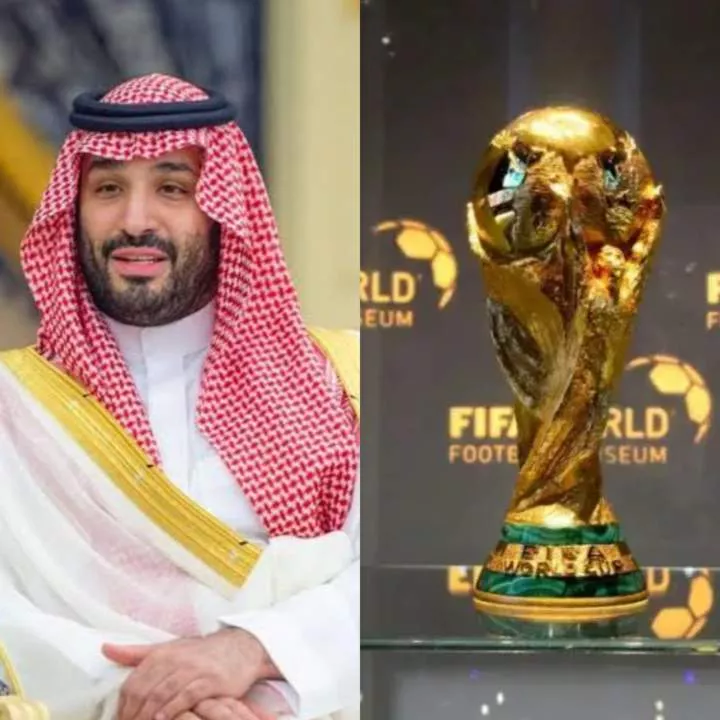
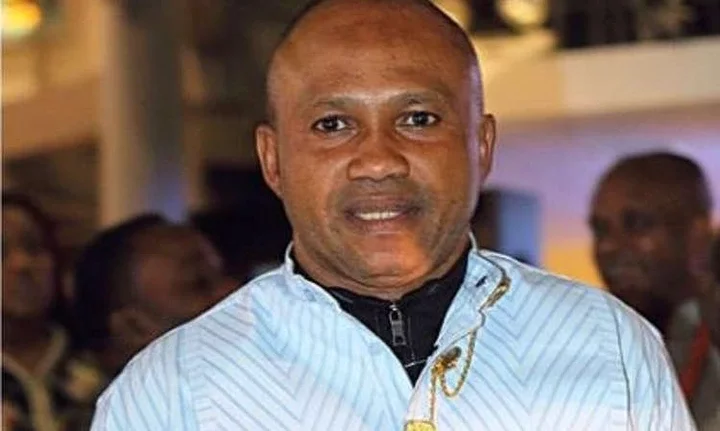



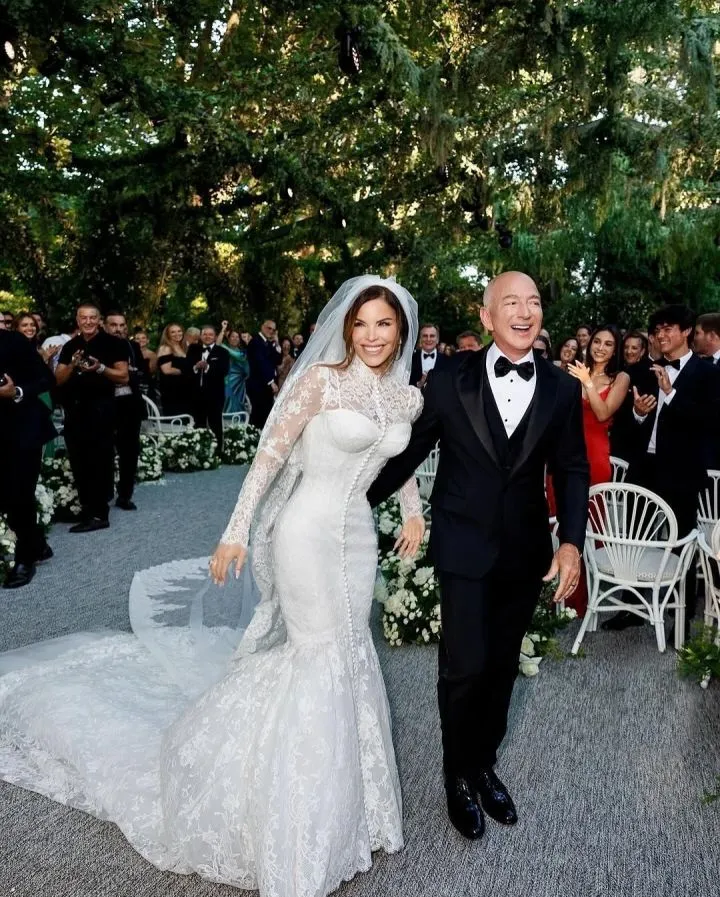
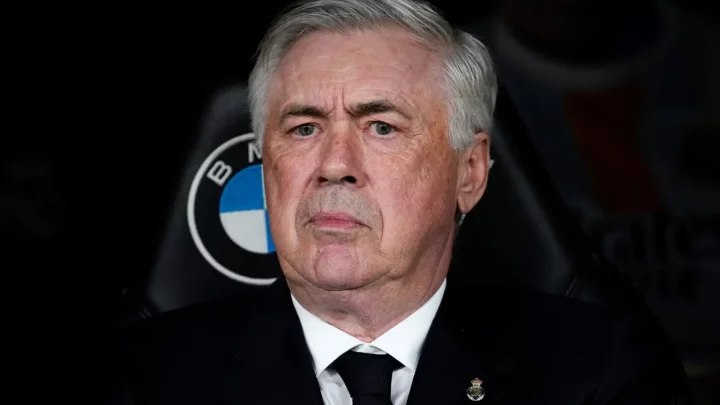




Comments